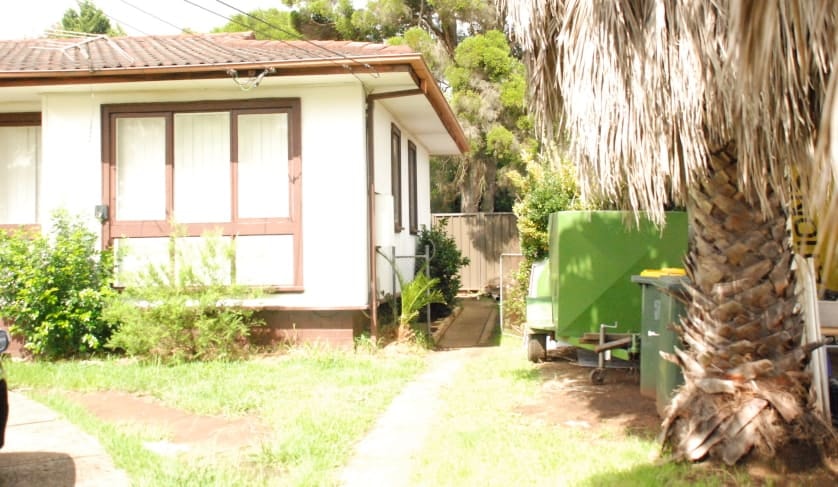Getting the most from your granny flat

With rents rising steeply, a granny flat can deliver stronger rental yields, positive returns and additional cash flow from residential rental property and has generated increasing interest, discussion and activity among investors.
But what are the tax implications?
Fortunately, adding a granny flat onto a rental property as a dwelling does not change its character as an income producing asset. Net rental returns are still added to the year’s assessable income and are taxed at the marginal rate. Net rental loss is still offset against other assessable income and reduces tax at the marginal rate of the owner.
Additional construction costs are added to the purchase price, stamp duty, legal fees, renovations and sales expenses to increase the ‘cost base’ of the investment.
Because property is generally held for a long time it is important to keep accurate records of the cost of constructing the granny flat and or any renovations, thus minimising capital gains tax (CGT), the difference between the proceeds of a sale and the cost base of a rental property.
By contrast, a property with a granny flat will be exempt from CGT when it has always been used privately as a dwelling, for example as a teenagers’ retreat, relative’s residence, storage etc.
Complications arise when ‘mum and dad’ start occupying a property as a main residence, adding a granny flat later to generate additional cash flow by renting it out. In this situation, exemption from CGT is only available for the portion of the property that relates to the main residence.
This means that on sale of the property, some CGT may be payable. This will require not only a calculation of capital gains but also an apportioning of the result between the main residence and the granny flat.
Further, where the granny flat generated rental income for only a portion of its lifetime, the calculation of the capital gains subject to tax becomes a little more complicated as you have to determine the total days rented as a proportion of the total ownership of the granny flat.
Professional help may be needed at this point.
Keeping a complete and accurate record of rental income and expenses is extremely important as you will need them to prepare your tax return and to support you in case of an ATO audit.
All documentation should ideally be saved electronically as well as stored securely in hard copy form.
The cost base of the house can be found on your original contract and your solicitor’s settlement statement. The solicitor’s documentation should also note the stamp duty and legal fees paid, which form part of the cost base. The cost of constructing the granny flat would be in the builder’s quote and receipts for payment.
Also include the cost of the development application’s approval by council. Quantity surveyors can help with an estimate where records are scarce and the property was built a long time ago.
The land component of the granny flat cost base would have to be based on the relative market value of the land at the time of acquisition. The apportionment may be based on an area basis if the land is of similar value.
Note, however, that CGT is only an issue when a property is actually sold. Then, you have access to the 50 per cent discount on capital gains if the property is held for longer than 12 months. After that, you can take out the portion of time during which the granny flat was used privately.
Remember, the CGT may not be that bad when compared with the benefits from the additional income generated.

